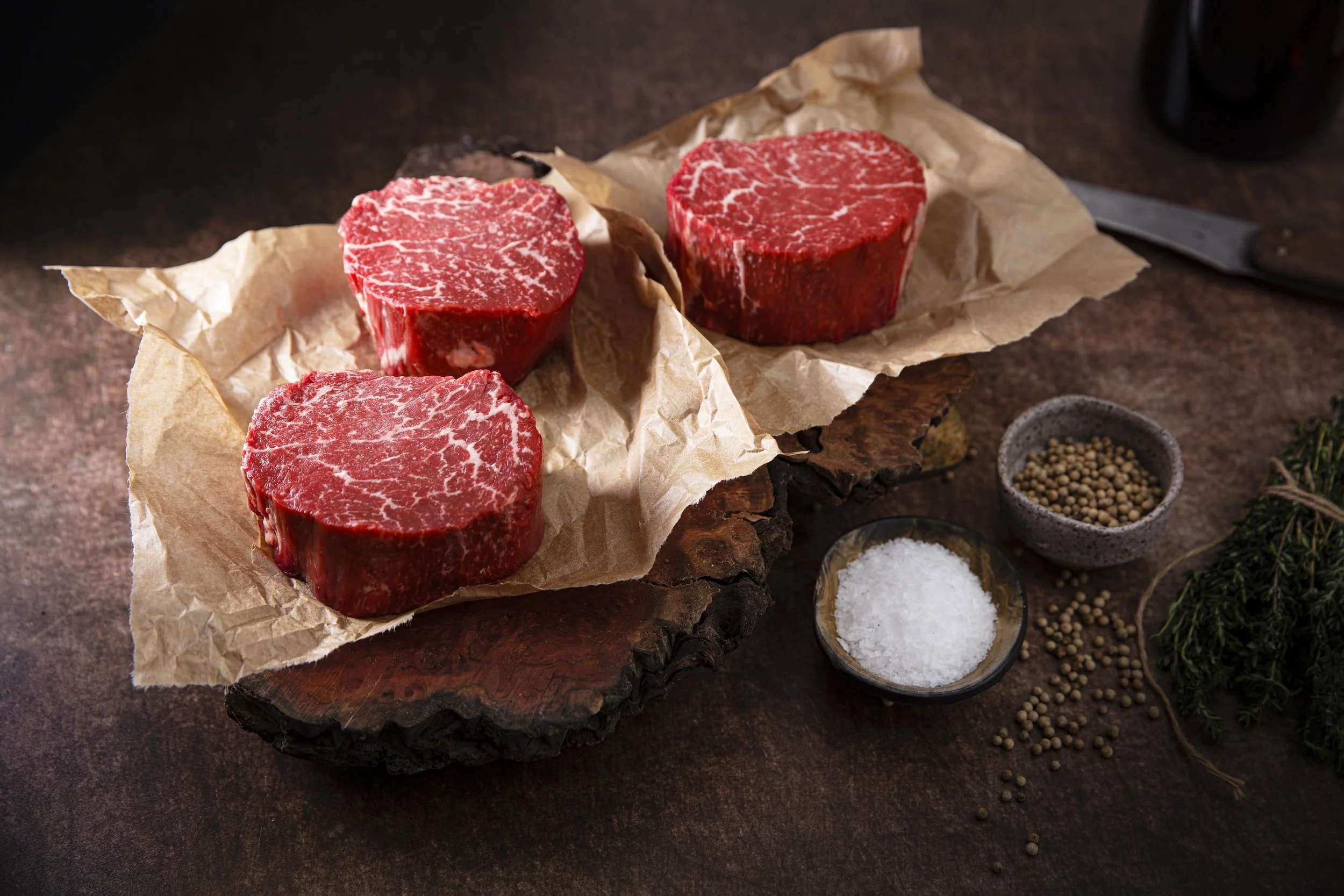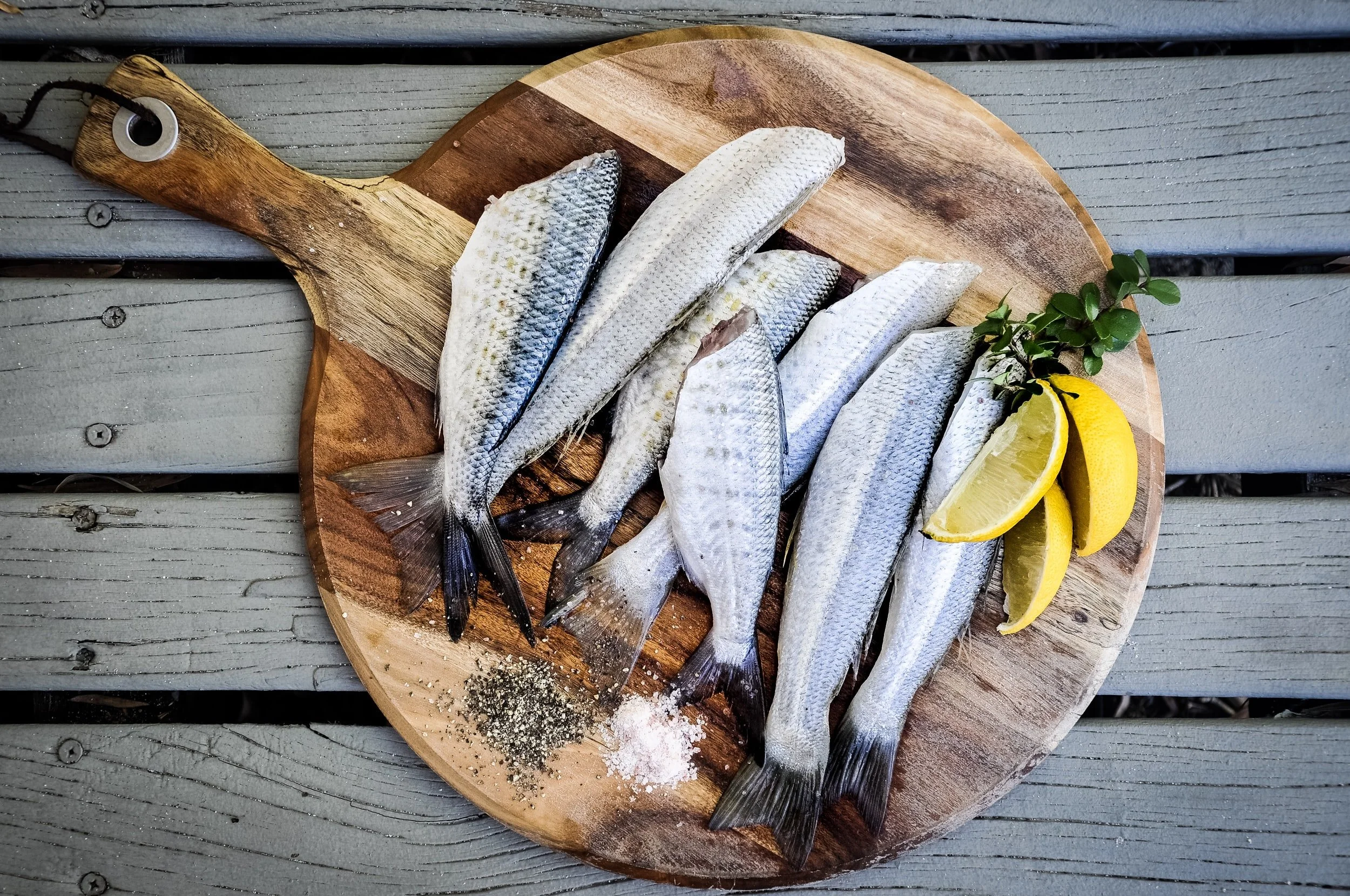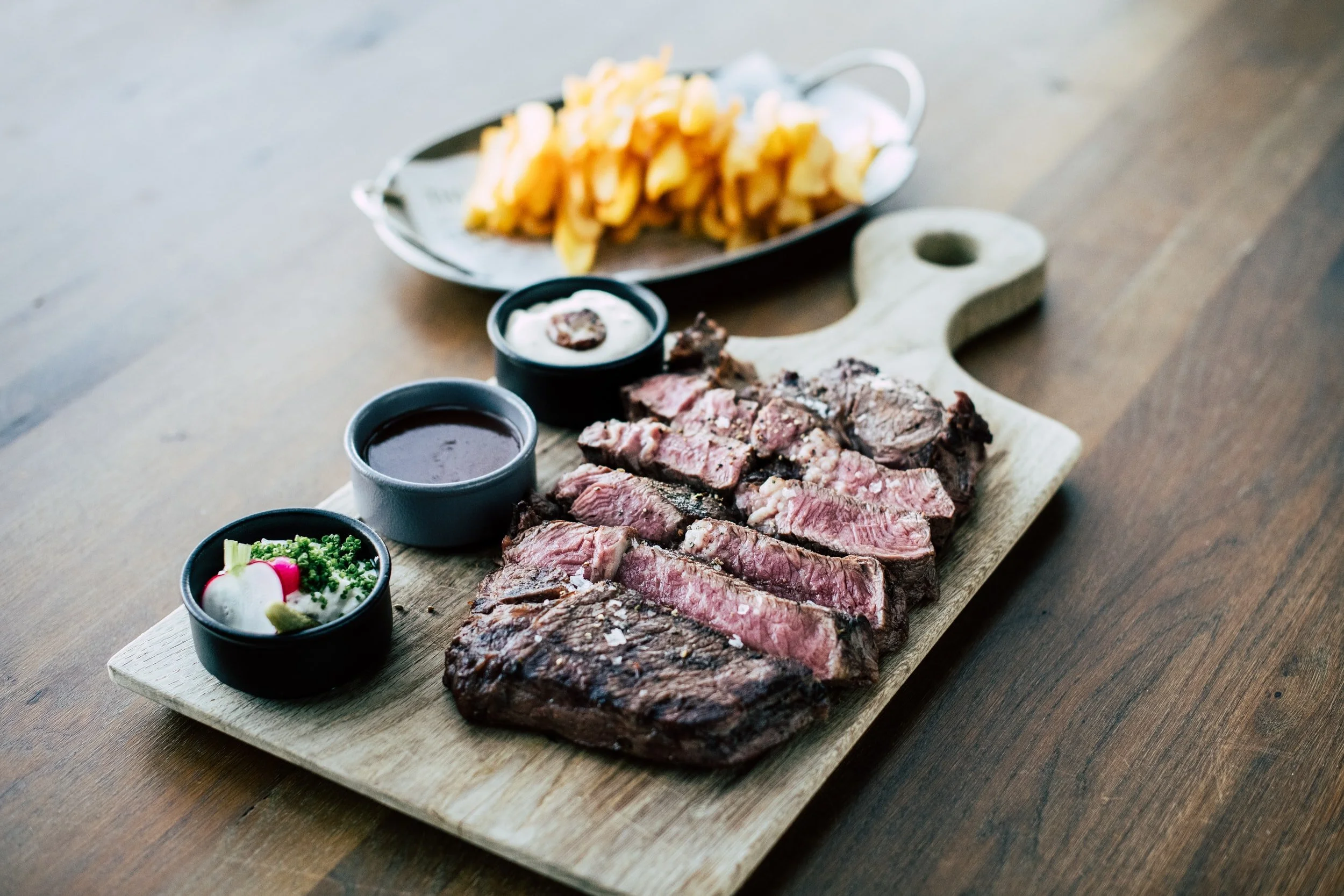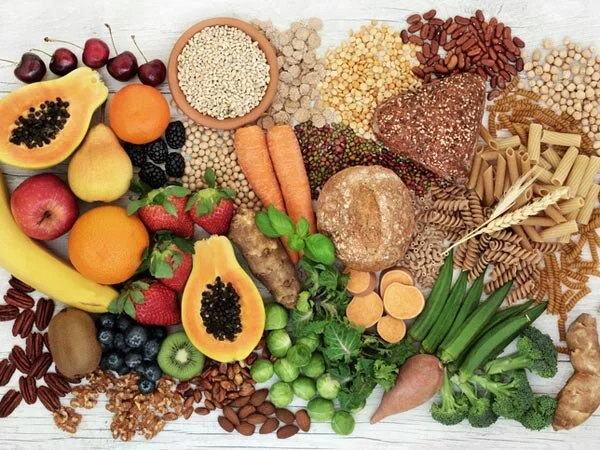Antinutrients are natural or synthetic plant compounds found in a variety of plant-based foods such as grains, legumes, beans, and nuts. These antinutrients interfere with the absorption of vitamins, minerals, and other nutrients by inhibiting the digestive enzymes.
Read MoreDo you suffer from gut issues, acne, rheumatoid arthritis, joint pains, depression, anxiety, eczema, leaky gut, candida, or other autoimmune issues? Are you tired of feeling crappy and feeling like nothing you do helps? You feel like you’ve tried everything and nothing seems to work. Could A Carnivore Diet help?
Read MoreJanuary is typically the time when people begin to set New Year’s Resolutions – a commitment to yourself, to change something about yourself or your lifestyle. But how many actually stick to these resolutions, even when life felt less oppressive?
Read MoreIs a Carnivore diet permanent for life? It is true that a Carnivore diet offers some real benefits, and rather than viewing it as a long-term or forever solution, it may instead become a tool in your box. There are multiple temporary applications for a Carnivore diet. Including using it as an elimination protocol, as a tool to reboot, as “cleanse,” or reset or to lose weight.
Read MoreOne of the greatest and most harmful nutrition myths is that meat has little to no in a healthy diet and that all protein needs can be obtained from plant-based sources. Meat consumption is blamed for high cholesterol, high blood pressure, heart disease, and obesity. The true culprits in the epidemic of non-communicative disease are sugar, flour and rancid oil
Read MoreBoth omega-3 and omega-6 fatty acids have important roles in the structure of cell membranes, acting as a source of energy and precursors to bioactive lipid mediators. Omega-3 and omega-6 are considered essential nutrients - the body cannot manufacture them. Aside from sharing certain characteristics, omega-3 appear to have a more multilayered and complex role in human health including supporting anti-inflammatory activity.
Read MoreGrains are the hard, edible seeds of grass-like plants (called cereals). They come in many varieties (wheat, corn, rice, oats) and are one of the most consumed foods worldwide (if not the most). As a staple food in most countries, they provide more food energy worldwide than any other food group by far. Grains are not healthy and you will benefit from removing them
Read MoreVegetable oils are oils that are extracted from seeds, germs or beans, such as corn, sunflower, safflower, soybean, or rapeseed (canola oil), etc. These were non-existent until the early-1900’s, and are undeniably one of the most unnatural “foods” you can find.
Read MoreAny dietary shift can cause (hopefully temporary) gastrointestinal issues like gas, abdominal distension, or constipation, especially if you are eating a lot of new foods. You also may be getting a lot more or a lot less fiber, or you may be consuming different types of fiber.
Read MoreThere is a lot of misinformation in nutrition with some of the worst examples being the constant propaganda against meat consumption. The many pervasive myths about meat consumption and health are often repeatedly stated as fact when there is little to no scientific evidence that these are remotely true..
Read MoreMany wrongly believe that high protein consumption may turn to glucose — through a process called gluconeogenesis — which supposedly sabotages the body’s ability to burn ketones for fuel. Due to this misguided thought process, a lot of people never get to experience the full benefits of any properly formulated diet.
Read MoreA much discussed and sometimes controversial topic when dealing with a carnivore diet is whether you need to supplement. In its essence, carnivore diet theoretically requires no specific supplementation. It is possible to get all the nutrients you need from eating nutrient dense animal products. However, as always, there are times and cases where supplements could be beneficial.
Read MoreFor decades the fiber myth that your body cannot run efficiently without plants has been pervasive. Plants contain fiber and fiber prevents colon problems, constipation, high cholesterol, heart attacks, and more.
Read MoreThe foundations of good health are often touted to be diet, exercise and sleep. In reality, sleep may be the most critical pillar. A person can survive weeks without food, and years without exercise, but only days without sleep.
Read MoreCalcium is a mineral that helps build bones and strong teeth, helps regulate muscle contractions (and is thus very important for heart health), and helps ensure blood clots in a normal manner - to name a few.
Read MoreOne potential side effect of a keto diet is that it may alter electrolyte balance within your body. Electrolytes are minerals within your body that aid in cellular and organ function. They’re essential for a number of bodily functions and are necessary for survival.
Read MoreWhen following the carnivore diet, you become able to balance the microbiome, stop autoimmune reactions, lose unneeded fat, increase insulin sensitivity, lower blood glucose levels, gain muscle and lean body mass, feed our brain, and more.
Read MoreWhen you are metabolically flexible, you can easily switch between fuel sources to maximize efficiency. If you have good metabolic flexibility, your body will quickly adapt to burn what it consumes: if you eat carbs, you will burn carbs for energy, if you eat fat, you will burn fat.
Read MoreYou may have heard that milk is healthy. It’s a great source of calcium that keeps your bones and teeth strong. Or you may have heard that it’s unhealthy. And that full fat cream, butter, and cheeses make you fat. But these are all staples on a ketogenic diet resulting in confusion about what exactly to do.
Read MoreAlthough eating a meat-based diet has many benefits, eating a few well-chosen plant foods may allow you to enjoy all the positive effects of a carnivore diet, whilst also providing additional support providing you can toleratethe individual plant (the type, amount you can eat and number of which may very from person to person).
Read More



















